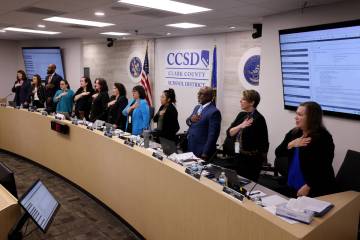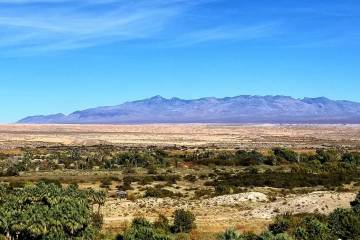EDITORIAL: The Supreme Court, a frog and government overreach
Federal overreach can be found virtually everywhere in these post-Obama days. It is reflected in school curricula, health care, mandates on religious institutions, civil forfeiture, fossil fuels, overtime pay and countless other areas. It even touches the world of frogs.
Yes, frogs.
As Investor’s Business Daily explains, the U.S. Fish &Wildlife Service in 2001 designated the Mississippi gopher frog as endangered. The frog had long called Mississippi home, and in 2010, the service proposed setting aside 4,933 acres in the state as “critical habitat” for the creature. By 2012, Fish &Wildlife had expanded that by 1,544 acres of private property in Louisiana and changed the amphibian’s name to the “dusky gopher frog.”
Federal bureaucrats would like to see the frog returned to more of its historical homeland, which includes part of Louisiana. But, as Reason.com explains, that is proving to be a bit of challenge.
While the Mississippi lands the frog occupies have the “essential” habitat requirements mandated by the Endangered Species Act, Reason reports, the lands designated in Louisiana contain only one of the three features that Fish &Wildlife bureaucrats say are mandatory for the frog’s survival. Perhaps this is why no gopher frogs have been seen in the state since 1965.
But this, IBD points out, is apparently irrelevant to the federal bureaucracy. Instead, the agency decreed that Louisiana landowners must transform their lands into habitat befitting the frog, and they must do so at their own expense and according to Fish &Wildlife guidelines.
Making all of the mandated changes would cost residents millions of dollars in consulting fees and habitat transformation, as well as an estimated $34 million in lost revenues from hunting fees and timber, energy and housing development.
The landowners sued but lost at the 5th U.S. Circuit Court of Appeals.
The U.S. Supreme Court is now considering whether to hear the case. Multiple legal foundations and other groups, as well as amicus briefs from 18 states, urge the justices to do just that. If the higher court fails to intervene, IBD notes, federal bureaucrats will have free rein to interpret laws, advance agency agendas and impose significant financial burdens on private landowners.
Allowing the federal government to designate property on which the frog doesn’t even live as critical to its survival is “incredibly restrictive to private property,” Andrew Brasher, Alabama’s solicitor general, told The Advocate.
This is an important case involving due process, takings and private property. Let’s hope enough high court justices agree.




























